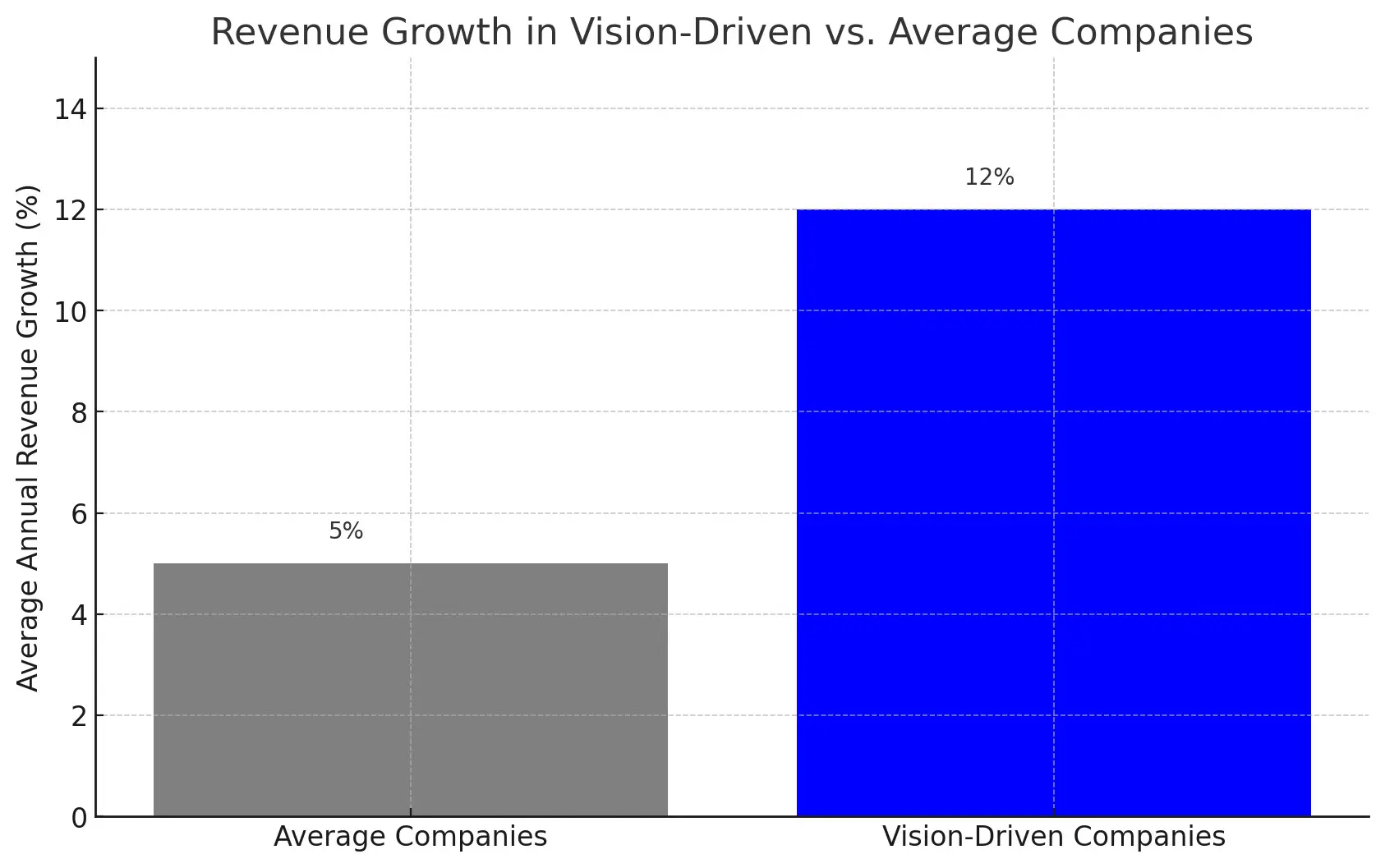
The real estate industry is undergoing rapid change, driven by the rise of advanced technologies like artificial intelligence (AI) and automation. For leaders of real estate firms, this presents a unique challenge: balancing long-term strategic goals with the need to adapt to technological advancements that are reshaping both daily operations and the competitive landscape.
Integrating new technologies into a real estate business is not merely a technical decision—it is a strategic imperative that can unlock significant benefits, but it also comes with considerable complexity. This article explores the potential opportunities and key challenges for leaders considering the adoption of AI and other innovations in the real estate sector.
One of the most immediate benefits of AI implementation is the ability to automate labor-intensive tasks. From managing client inquiries to handling documentation, AI can streamline workflows, freeing up time for agents to focus on high-value activities such as client relations and strategic growth.
AI has the potential to transform how real estate firms interact with clients by offering more personalized services. By analyzing customer data, AI can generate tailored recommendations, leading to improved client satisfaction and higher conversion rates. For example, AI can match prospective buyers with properties that align with their preferences and behaviors, creating a more seamless buying experience.
In a highly competitive market, data is a powerful asset. AI tools can analyze large datasets to provide insights into pricing trends, demand patterns, and market shifts, enabling leaders to make more informed decisions. Predictive analytics can also help firms stay ahead of market trends, allowing for proactive adjustments to business strategies.
Early adoption of advanced technologies can provide a real estate firm with a competitive edge. In an increasingly digital market, customers expect innovative solutions. Those firms that offer cutting-edge services—such as AI-powered property searches or automated customer support—are more likely to stand out and attract tech-savvy clientele.
A significant challenge in adopting new technologies is ensuring seamless integration with existing systems. Many real estate firms already rely on a variety of IT solutions, and new tools must be compatible to avoid inefficiencies and disruptions in operations.
Implementing AI and other technologies can require substantial financial investment. The costs associated with purchasing, implementing, and training staff on new systems must be weighed against the potential long-term gains. It’s critical to assess the value the technology will bring to the business over time and how it will contribute to overall profitability.
With AI’s ability to collect and process large amounts of client data, ensuring compliance with regulations—such as the General Data Protection Regulation (GDPR)—is essential. Mishandling data can result in significant fines and damage to the firm’s reputation. It is crucial for real estate businesses to implement robust data management practices to safeguard customer privacy and ensure regulatory compliance.
Technology adoption is not just about investing in systems; it’s about investing in people. Employees must be trained to effectively use new tools, and the business must be prepared to manage resistance to change. Ensuring that staff are involved in the implementation process and equipped with the right skills is key to a successful transition.
AI algorithms are not infallible. Errors in data analysis or biases in AI systems can lead to incorrect decisions, which could have financial consequences. To mitigate this risk, it’s important to rigorously evaluate and test new technologies before full-scale deployment.
As leaders in real estate, the task of balancing long-term business strategies with the rapid pace of technological change is a complex one. AI offers significant opportunities to enhance operational efficiency, improve customer engagement, and drive more informed decision-making. However, the road to technological transformation must be navigated carefully, considering cost implications, system compatibility, and legal compliance.
Implementing AI and other advanced technologies requires a comprehensive approach that includes system integration, staff training, and strict adherence to data privacy regulations. With the right preparation and strategy, technological transformation can become a key driver of success in the evolving real estate landscape.


